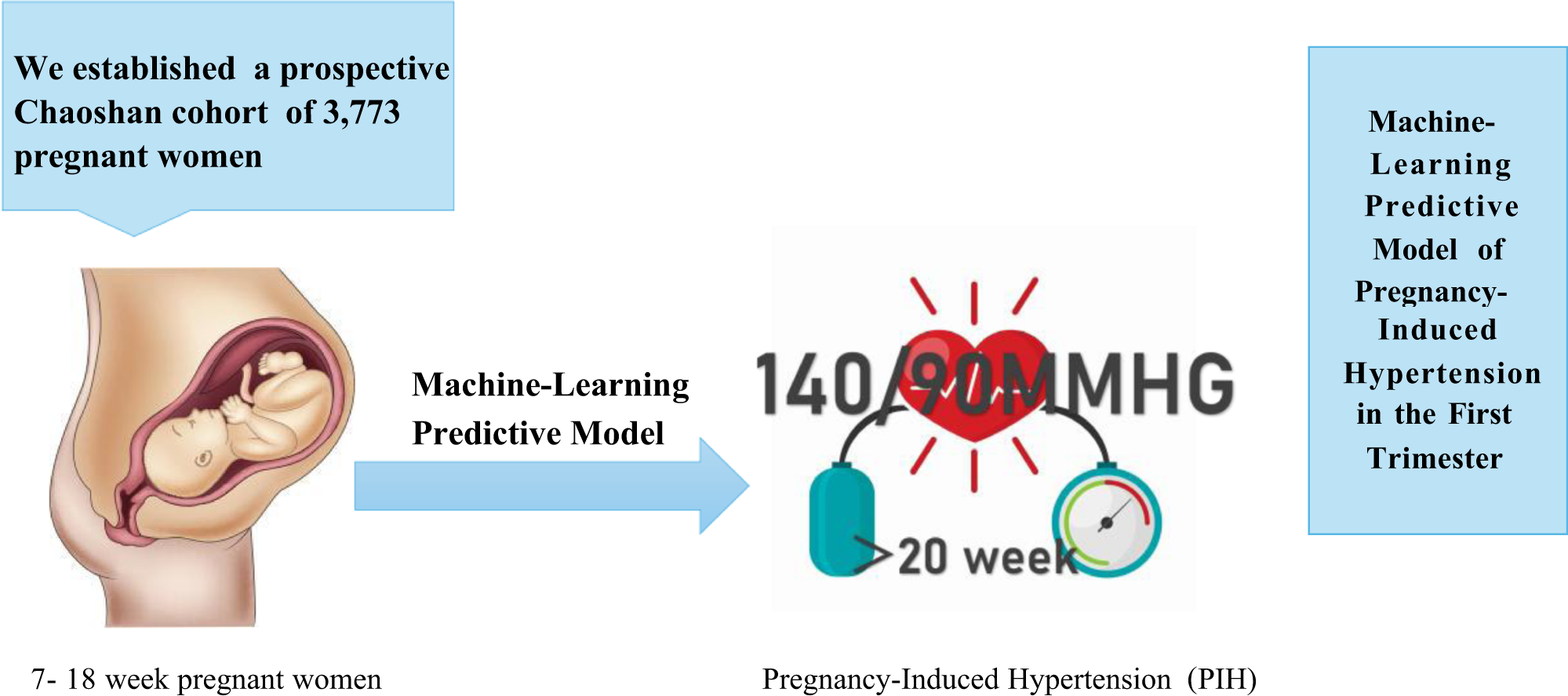
Pregnancy-Induced Hypertension (PIH)
Introduction
Pregnancy-induced hypertension (PIH) is a serious condition that can develop during pregnancy. It is characterized by high blood pressure and can lead to serious complications for both the mother and the baby.
Causes
The exact cause of PIH is unknown, but it is thought to be related to changes in the blood vessels that occur during pregnancy. These changes can lead to narrowing of the blood vessels, which can increase blood pressure.
Risk Factors
Certain factors can increase the risk of developing PIH, including:
- Being overweight or obese
- Having a family history of PIH
- Being pregnant with twins or multiples
- Being over the age of 35
- Having a history of chronic kidney disease or diabetes
Symptoms
The most common symptom of PIH is high blood pressure. Other symptoms may include:
- Headache
- Vision changes
- Nausea and vomiting
- Swelling in the hands, feet, and face
- Shortness of breath
- Chest pain
Complications
PIH can lead to serious complications for both the mother and the baby. These complications can include:
- For the mother:
- Preeclampsia
- Eclampsia
- Stroke
- Heart attack
- Kidney failure
- For the baby:
- Premature birth
- Low birth weight
- Stillbirth
Diagnosis
PIH is diagnosed based on a physical examination and blood pressure readings. The doctor will also ask about the woman’s medical history and symptoms.
Treatment
The treatment for PIH depends on the severity of the condition. In mild cases, the doctor may recommend lifestyle changes, such as:
- Losing weight
- Eating a healthy diet
- Getting regular exercise
- Avoiding alcohol and tobacco
In more severe cases, the doctor may prescribe medication to lower blood pressure. The doctor may also recommend hospitalization if the condition is severe.
Prevention
There is no sure way to prevent PIH, but there are some things that women can do to reduce their risk, including:
- Maintaining a healthy weight
- Eating a healthy diet
- Getting regular exercise
- Avoiding alcohol and tobacco
- Seeing a doctor regularly during pregnancy
Outlook
The outlook for women with PIH depends on the severity of the condition. With early diagnosis and treatment, most women with PIH have a good outcome. However, women with severe PIH may have a higher risk of complications.
Additional Information
- The American College of Obstetricians and Gynecologists (ACOG) recommends that all women be screened for PIH at each prenatal visit.
- The March of Dimes is a non-profit organization that provides information and support to women with PIH.
- The National Institutes of Health (NIH) has a website with information about PIH.
References
- American College of Obstetricians and Gynecologists. (2018). Pregnancy-induced hypertension. Retrieved from https://www.acog.org/womens-health/faqs/pregnancy-induced-hypertension
- March of Dimes. (2018). Pregnancy-induced hypertension. Retrieved from https://www.marchofdimes.org/complications/pregnancy-induced-hypertension.aspx
- National Institutes of Health. (2018). Pregnancy-induced hypertension. Retrieved from https://www.nichd.nih.gov/health/topics/pregnancy-induced-hypertension/conditioninfo/Pages/default.aspx